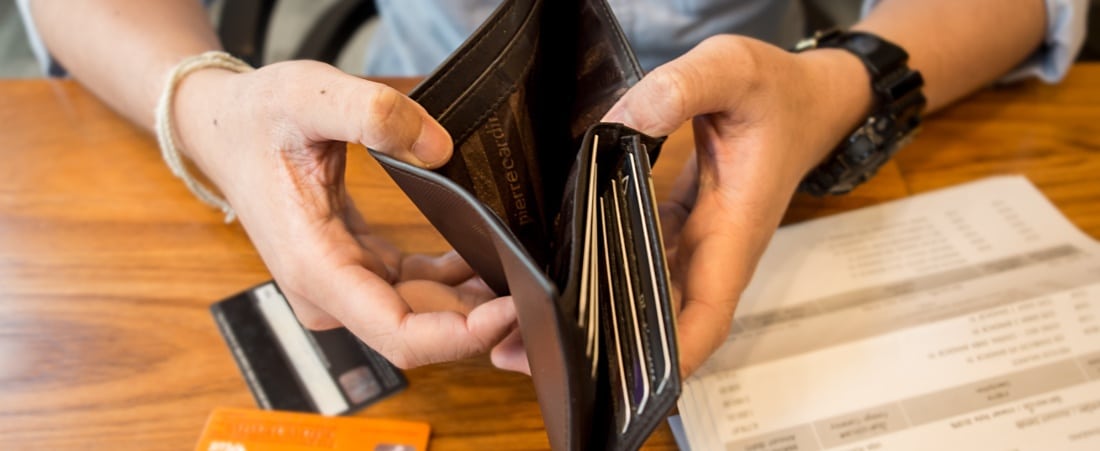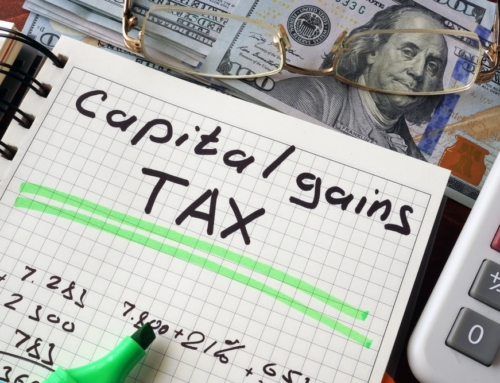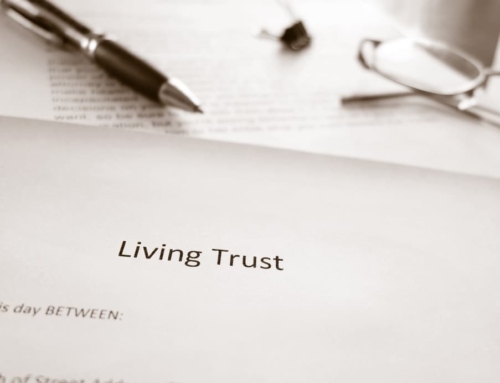This article was written by guest blogger Eva Rosenberg.
It’s one of the tax questions I’ve been asked more than once: Can unpaid taxes affect my credit score? Unfortunately, if you’re not careful, the answer is yes.
Once upon a time, a friend quit his job and opened a business. In the first year, he ended up with a huge surprise profit. As a result, he owed thousands of dollars in income taxes he wasn’t prepared to pay. Although I set him up on an installment agreement, the IRS computers recorded a lien on his credit report.
This isn’t a fairy tale. It really happened, and it continues to happen every day. When you owe money to the IRS, the agency’s computer may report a lien—even if the agency says it won’t issue one. And if you wind up with a tax lien on your credit report, it can have a negative impact on your credit score.
During the past few years, many responsible people have faced financial hardship. Tax liens have caused consumers so much trouble that Nina E. Olson, the National Taxpayer Advocate, has addressed liens in her reports to Congress.
As a result of the pressure Olson has placed on Congress, the IRS has developed two tools to help you.
The first one is the Fresh Start program, which helps struggling taxpayers who owe money to the IRS through penalty relief, installment agreements, and offers in compromise. To apply, visit the IRS website.
Olson’s efforts have also resulted in a way for taxpayers to have liens withdrawn instead of removed. Withdrawing a lien deletes it from your credit entirely, as if it never existed. Not everyone will qualify, but you can apply using an Application for Withdrawal (Form 12277).
How you can avoid a lien
Pay off at least some of the balance. If you owe more than $10,000, try to find a way to pay off enough of the taxes, penalty, and interest to bring the balance down under $10,000. This may help you avoid a lien.
Take out a loan. You may be able to find a private way to pay off the IRS or any state taxes that you owe. Try bank loans, friends, credit cards, or home equity lines of credit (HELOC). If you choose a HELOC, be very careful to make your payments on time—you don’t want to lose your home.
Use your assets. Sell off long-term capital assets such as securities, collectibles, or real estate.
Get creative. Earn enough money to pay off the taxes by writing a book or e-book or by creating an electronic product. You may also be able to get a commission by selling a large item—such as a house or car—for someone else.
Whatever you do, don’t draw the money from your retirement plans, especially if you are under age 59½. That’s the most expensive money you can use. It will cost you at least 30 percent in IRS and state taxes, plus at least 10 percent in early withdrawal penalties.
Eva Rosenberg, EA is the publisher of TaxMama.com ®, where your tax questions are answered. She is the author of several books and ebooks, including Small Business Taxes Made Easy. Eva teaches a tax pro course at IRSExams.com and tax courses you might enjoy at http://www.cpelink.com/teamtaxmama.






